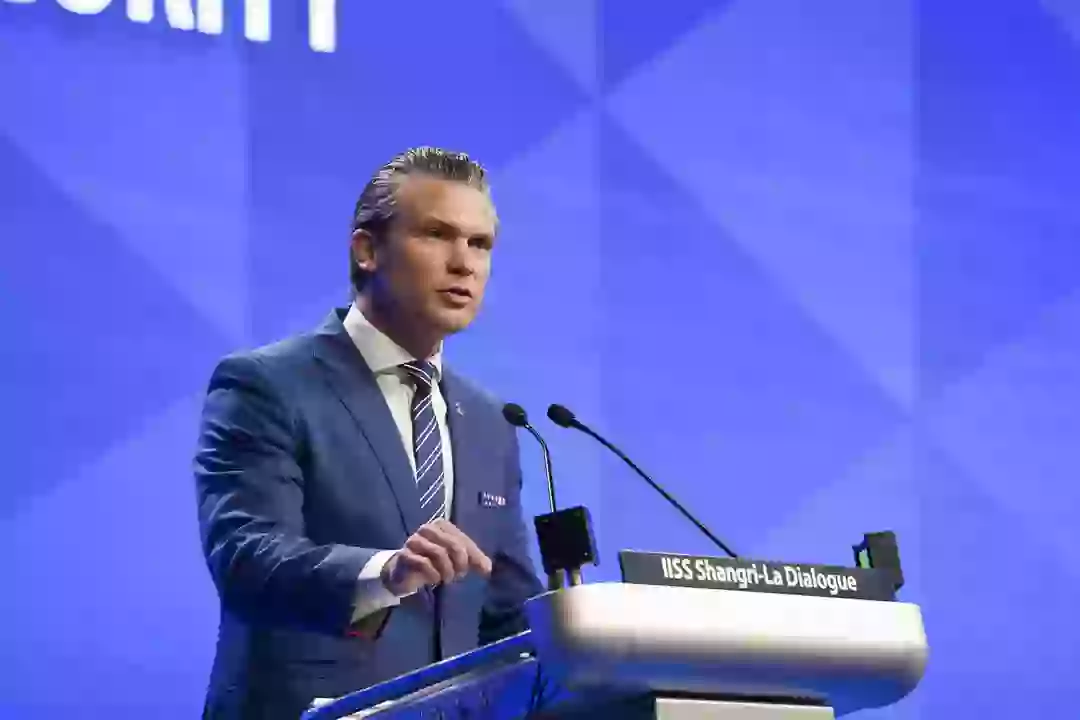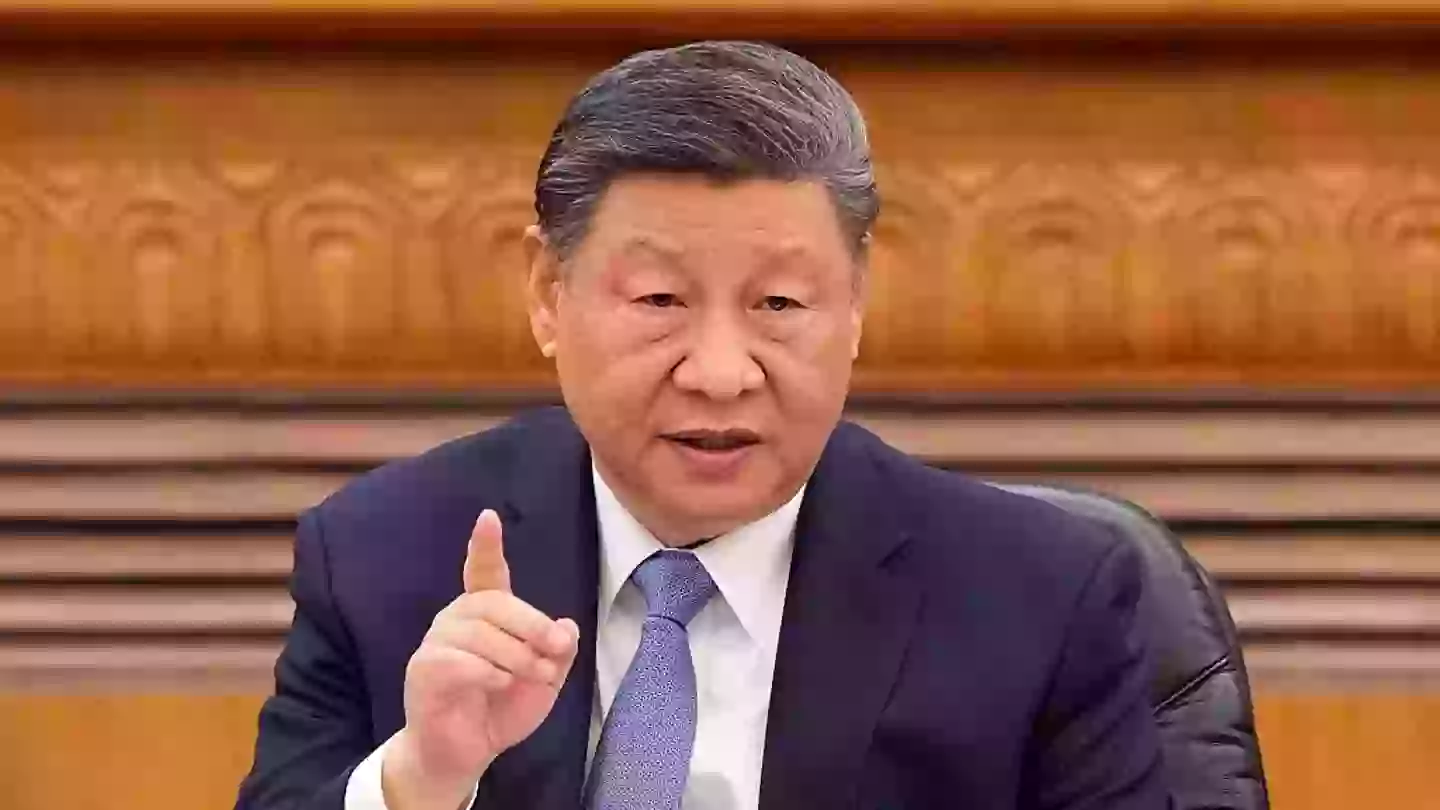Defense Secretary Pete Hegseth delivered stark warnings about China’s military intentions toward Taiwan during a major security conference, prompting an immediate and forceful response from Beijing officials.
Speaking at the Shangri-la Dialogue in Singapore on May 31, Hegseth characterized China as posing an immediate threat to regional stability, particularly regarding Taiwan. The Defense Secretary argued that Beijing seeks to establish hegemonic control over significant portions of Asia, potentially at the expense of American allies in the region.

Hegseth detailed what he described as extensive Chinese military preparations, stating that Beijing is actively building, training, and rehearsing military capabilities that could be used to forcibly alter the regional balance of power. He emphasized that these preparations appear designed specifically for potential military action against Taiwan.
The Defense Secretary referenced recurring intelligence assessments suggesting that Chinese President Xi Jinping has established 2027 as a target date for military readiness regarding Taiwan operations. However, he acknowledged that Beijing has never officially confirmed such a timeline, despite repeated mentions by American officials and military leaders.
American Strategic Position
While emphasizing that the United States does not seek to dominate China economically or militarily, Hegseth stressed the importance of preventing Chinese dominance over America and its regional partners. He characterized the situation as requiring careful balance between avoiding confrontation while maintaining deterrent capabilities.
Hegseth warned that any Chinese attempt to forcibly annex Taiwan would trigger devastating consequences extending far beyond the immediate region. He described the threat as both genuine and potentially imminent, though he expressed hope that military action could be avoided through diplomatic means.
China’s Sharp Rebuttal
Chinese officials responded swiftly through the Chinese Embassy in Singapore’s social media channels, characterizing Hegseth’s remarks as deliberately provocative and inflammatory. Beijing’s response accused the Defense Secretary of perpetuating anti-China rhetoric and exaggerating security threats.
Chinese representatives turned the accusations back on Washington, describing the United States as the primary source of regional instability. They argued that American military activities in the South China Sea, including weapons deployments and reconnaissance missions near Chinese territorial claims, represent the true threats to peace.

The Chinese statement specifically contested Hegseth’s characterization of China as seeking hegemonic power, arguing instead that the United States itself represents the world’s only true hegemonic force and the primary factor undermining regional stability.
Taiwan as Internal Chinese Matter
Beijing’s response emphasized their position that Taiwan represents an entirely internal Chinese affair, rejecting any foreign interference in what they consider a domestic issue. This longstanding position reflects China’s claim to sovereignty over the self-governing island, which operates independently but lacks widespread international recognition as a sovereign state.
Chinese officials challenged American commitments to regional peace, suggesting that Washington’s actions contradict its stated peaceful intentions. They called for concrete actions rather than rhetoric to demonstrate genuine commitment to avoiding conflict.
Regional Security Implications
The exchange highlights the continuing tension between American security commitments to regional allies and Chinese territorial ambitions. Many Asian nations share concerns about potential Chinese military action against Taiwan, viewing such developments as threats to broader regional stability.
The diplomatic back-and-forth occurs against the backdrop of increasing military activities on both sides, including American arms sales to Taiwan and Chinese military exercises in surrounding waters. These activities contribute to an atmosphere of uncertainty that both sides acknowledge while attributing responsibility to the other.
Strategic Communication Battle
The public exchange represents more than simple diplomatic disagreement, reflecting a broader competition for regional influence and international support. Both Washington and Beijing appear to be positioning themselves for potential future developments while attempting to shape international opinion about their respective roles and intentions.
The timing of these statements, delivered at a major international security conference, ensures maximum visibility among key regional stakeholders and global security professionals. This platform allows both sides to present their cases directly to audiences that will influence future policy decisions and alliance relationships.
The continued escalation of rhetorical tensions, combined with ongoing military preparations by both sides, suggests that the Taiwan situation will remain a central focus of international security discussions throughout 2025 and beyond.

